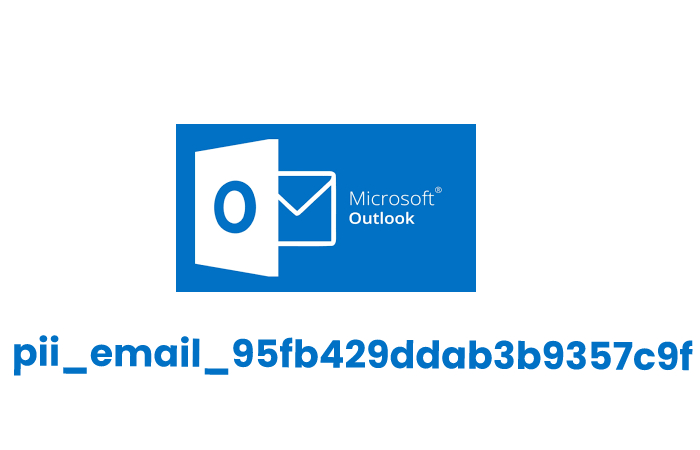A strong make is one of the most valuable assets for businesses of all sizes and in all industries. To guide marketing strategy, improve brand positioning and control the perceived quality of a brand image, effective brand management is essential.
Your product is more than your product or service. You have a reach and a personality that takes your core business values and uses them to build relationships.
It is your brand image that sets you apart from your competition. This means that it is essential that you can use strategic brand management to create a better performing brand and a better business model that enjoys immediate brand recognition. But what is brand management and how are you using it in your target market?
Table of Contents
What is Brand Management? Basic Concepts
Effective brand management offers an increase in the perceived value of your product or service. It is a way of including the product or service in the general perception of the value of your business. Brand faithfulness is one of the most useful goals to target in business, and more strategic brand management will mean that you will develop a brand association with whatever you sell. Today’s consumers have many options when it comes to purchasing a product or service. And that means you need to take control over how they perceive your business. When purchase options can happen quickly, brand awareness and brand loyalty can make the difference between a sale and losing out to the competition.
Managing A Brand In A Target Market
There are three chief issues to consider when it comes to implementing a strategic brand use a management tool system. These can often be difficult to develop and manage. Which is why it is increasingly common to use an established and experienced brand agency to develop a brand identity or to guide a brand strategy. The three factors to consider are:
- The brand : this will mean the full development of a brand identity, with established brand guidelines and a clear mission statement for your brand.
- The target market : You will need to establish a good relationship with your target market. If you don’t, the result will be a lower sales figure. A lower likelihood of customer retention, and growth that slows or stops altogether. Customer research is vital.
- Business Goals : From more sales to taking over your industry’s voice engagement, the goals you’ve prioritized will significantly facilitate a more strategic brand management process.
What Is Brand Organization Used for?
Brand organization often feels like something intangible to those with little experience in it. While a company’s assets, such as products, technology, and employees. Are decidedly tangible, a ‘brand’ can seem out of reach and difficult to define. That’s where your brand guidelines come into play. They are a critical component of real brand management because they will ensure that everyone on your team has no doubts about the basics of branding. From the tone of voice to use online. The logos used, to the color palettes that represent your brand’s personality, consistency is key.That’s where brand management comes in. Effective brand management means aligning all of those assets into a seamless experience for a target market. Your employees, and your suppliers.
What is Brand Management: Best Practices
Digital assets can be incredibly difficult to control. Documents can be scattered throughout an organization at various stages of development. Outdated forms and marketing materials can still be used in physical stores. There is a reason why brands without effective brand management tend to be slower and more chaotic. Effective brand organization means taking the following steps:
- Brand audit : this will mean developing an understanding of all marketing assets, understanding the business needs, its objectives, and the existing touch points for the target market. The objective of the audit will be to identify inconsistencies and misalignment. A strong brand audit will measure the value and worth of the brand and develop a benchmark position of the brand.
- Brand guidelines : The next step is to establish a brand guidelines document. This will make even an already strong brand even stronger. The goal of the guidelines will be to create consistency across the business so that the finance team doesn’t send invoices with outdated logos or the marketing team doesn’t use decade-old brochures. The brand guidelines will be a mission statement that will guide the growth of the brand and help improve brand awareness.
- Employee training – Once the brand guidelines document is complete, all team members should have access to it. Even freelancers working remotely should be able to read a copy of your brand guidelines to make it easier for them to avoid mistakes. It only takes one team member to alter a client’s brand, so internal alignment is vital.
Also Read : The 7 Most Common Leadership Types (And How To Find Your Own)




![Resolve [pii_email_95fb429ddab3b9357c9f] Outlook Error – Web Tec Galaxy Resolve [pii_email_95fb429ddab3b9357c9f] Outlook Error – Web Tec Galaxy](https://www.webtechgalaxy.com/wp-content/uploads/2021/10/what-way-to-solve-the-error-PII_EMAIL_841B43FADA260254C8D3-6-1-768x512.jpg)

![How to Resolve [pii_email_95fb429ddab3b9357c9f] Error Code](https://www.webtechgalaxy.com/wp-content/uploads/2022/02/How-to-Resolve-pii_email_95fb429ddab3b9357c9f-Error-Code.jpg)

![Solution To Fix [pii_email_d4bee34276327e26a3e1] Error 2023 Solution To Fix [pii_email_d4bee34276327e26a3e1] Error 2023](https://www.webtechgalaxy.com/wp-content/uploads/2021/10/error-768x512.jpg)

![How To Fix Outlook [pii_email_33bcc5fa9284de56eb3d] Error Code How To Fix Outlook [pii_email_33bcc5fa9284de56eb3d] Error Code](https://www.webtechgalaxy.com/wp-content/uploads/2021/10/ERROR-18-768x512.jpg)
![Fixed the Error [pii_email_33bcc5fa9284de56eb3d]](https://www.webtechgalaxy.com/wp-content/uploads/2021/10/ERROR-19.jpg)
![[pii_email_f4cea690933c501337c1] Error Code Fixed [pii_email_f4cea690933c501337c1] Error Code Fixed](https://www.webtechgalaxy.com/wp-content/uploads/2021/10/pii_email_f4cea690933c501337c1-Error-Code-Fixed-768x512.jpg)